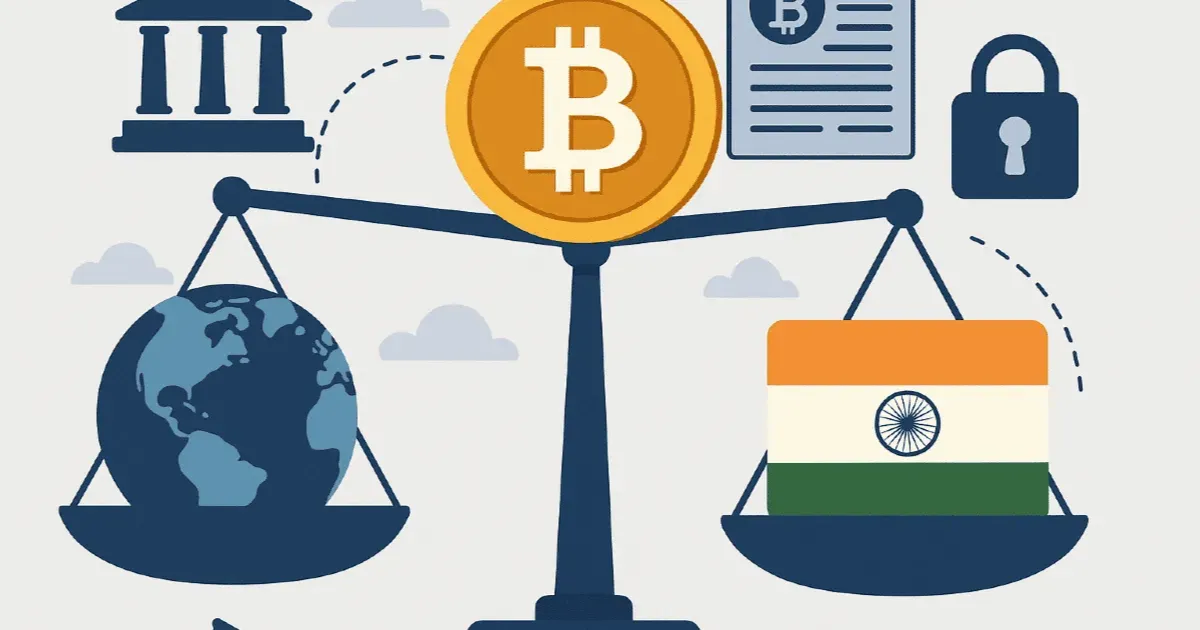The development of cryptocurrencies and blockchain crafted a new reality in finance and other industries. These currencies which started with Bitcoin in 2009 have been gaining popularity. This shift has attracted a global audience.
Cryptocurrency is a form of virtual money that is available only online it is powered by a special technology called blockchain which is a secure, decentralized system that records all transactions across several computers.
The rise of cryptocurrencies and blockchain:
The development of cryptocurrencies and blockchain crafted a new reality in finance and other industries. These currencies which started with Bitcoin in 2009 have been gaining popularity. This shift has attracted a global audience.
Cryptocurrencies like BTC and others, allow users to do transactions without the need for a central authority. Blockchain applications are not just in the financial sector but include supply chains, health care, voting systems, and so forth.
The role of regulations within the crypto and blockchain space is to provide security and transparency while encouraging innovation.
Countries like Japan and Switzerland have defined policies for crypto and this promoted innovation without compromising security. In India, even though the Supreme Court lifted the ban imposed by the RBI, there is still so much ambiguity regarding regulation.
The Global Approach to Cryptocurrency Regulations
Different countries follow various strategies to regulate digital currencies:
United States: SEC and CFTC treat cryptocurrencies almost like stocks and commodities, making tax policies and recently approved Bitcoin and Ethereum ETFs.
European Union: It is based on the MiCA framework in order to safeguard investors against money laundering while offering transparent instructions for trading platforms.
Japan: Cryptocurrencies are considered to be assets by the legislative framework. They are regulated under the FSA, along with stringent laws against money laundering and taxing.
Singapore and Australia: Their laws define cryptocurrencies as kinds of assets or property. They focus on developing regulations that are easy to comprehend and follow.
These jurisdictions strive for an equilibrium involving innovation and security to promote their growth without exposing all persons involved.
India’s approach to cryptocurrency regulations
Regulating cryptocurrency in India has proved to be a challenge. The RBI banned all bank transactions regarding cryptocurrency in 2018, but this was overturned by the Supreme Court in 2020.
Cryptocurrencies have recently been categorized as Virtual Digital Assets (VDAs) and are subjected to a tax on profits of 30%, TDS on trades of 1%, and no option to offset losses. This heavy taxation lowers the attractiveness of trading, and India still lacks clear regulations, as investors are exposed to more risks, including scams and some unregulated peer-to-peer or P2P trades it hinders blockchain advancements.
Globally, authorities face the challenge of balancing innovation with preventing misuse, such as money laundering and scams, while safeguarding investors without stifling blockchain’s potential.
Key challenges in Crypto regulation
This challenge that arises in regulating cryptocurrency encompasses finding a balance between boosting innovation and stopping illegal acts; for instance, scams as well as money laundering amongst others. Another issue requires safeguarding investors while letting progress in blockchain technology develop. Lastly, there also needs to be global harmony in cross-border transactions to clarify how cryptocurrencies should fall under either currency or assets and be taxed.
India's blockchain opportunity: Blockchain is an opportunity in the field of governance, supply chain optimization, and financial inclusion. India can be inspired by the EU's MiCA framework or Japan's PSA to have a strong regulatory regime. Clear regulation would make India a key figure in the Web3 and blockchain sectors, and this would allow it to focus on innovation and economic development.
Finally, Balanced regulations will be the key to popularizing blockchain technology and also the same importance to be given on the safety of inverstors. India needs to create a strong framework to benefit from the revolution in blockchain. Global cooperation will be very important in developing aligned crypto regulations and managing cross-border challenges
About the Author
Dan



